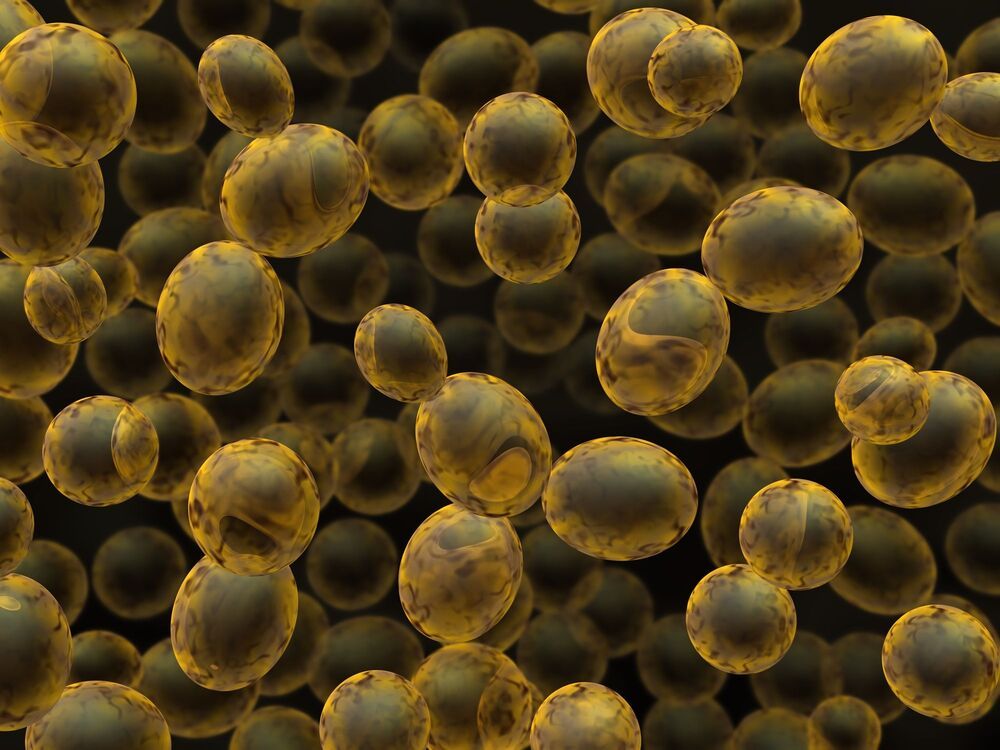Researchers from Brigham and Women’s Hospital have engineered yeast used in baking, wine-making and brewing to treat inflammatory bowel disease (IBD). The bacteria has been modified to secrete an anti-inflammatory molecule in response to signs of gut inflammation and has proven effective in preclinical tests.
Our gut microbiome is increasingly implicated in everything from cancer to neurodegenerative disease but it is still unclear exactly how we can translate these novel findings into clinical treatments. Fecal transplants are probably the most primitive microbiome-modifying treatment we have developed, while probiotics simply rely on upping specific levels of naturally occurring bacteria.
Perhaps the most futurist microbiome therapy under investigation is the idea of genetically engineered probiotics. Here researchers modify bacteria to either eat up molecules we don’t want in our body or secrete molecules we know have positive therapeutic effects.









Comments are closed.